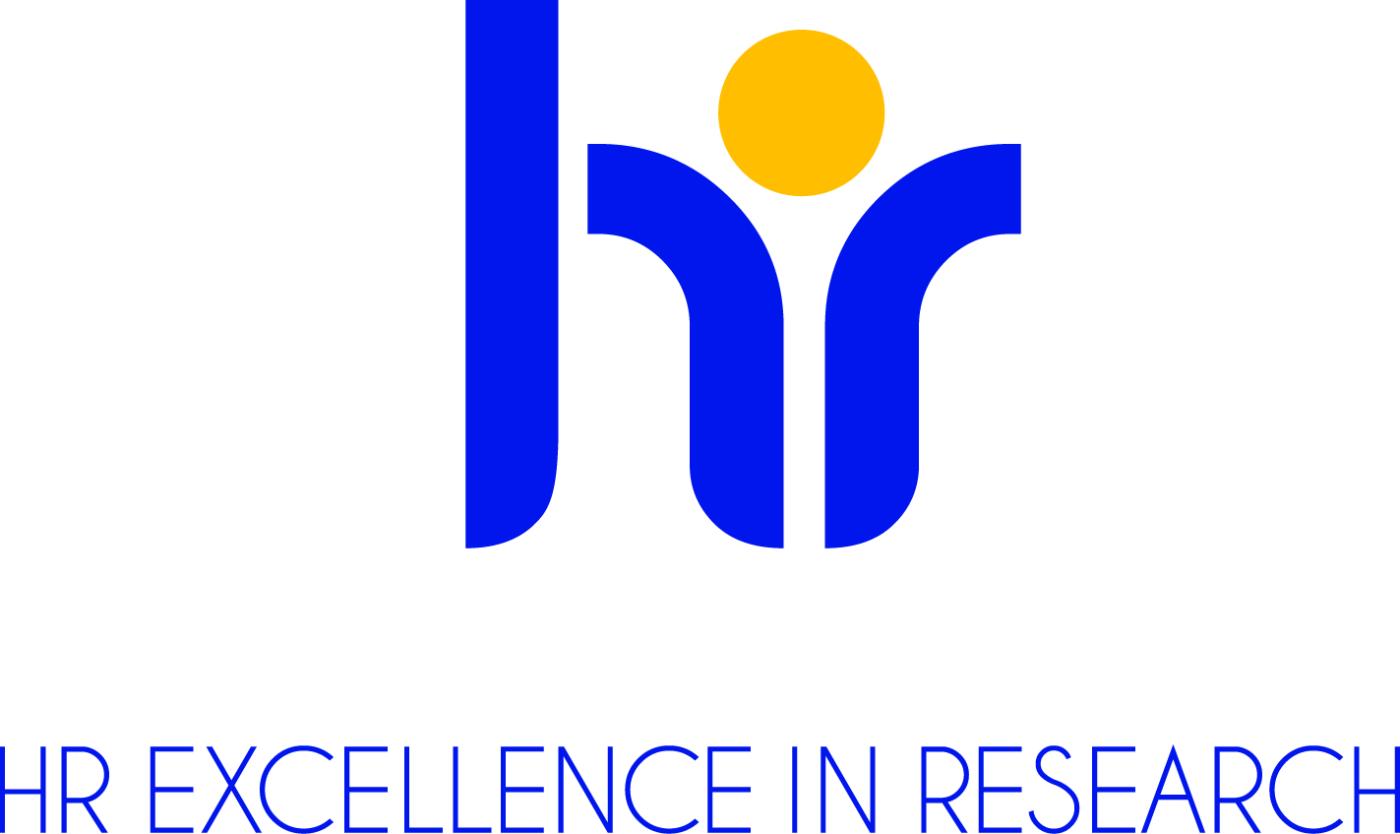
The researcher welcome event on 22nd October at USquare will, for the first time, be organised under the new HRS4R plan. The Human Resources Strategy for Researchers Label (HRS4R) is a European quality mark for human resources management in research. It is awarded to research institutions that adopt and implement the Recruitment Code and the Researcher’s Charter in their recruitment and personnel policies. The VUB has recently earned this HRS4R label. Vice-Rector for Research Pieter Ballon and Director of HR Majlinda Abduli explain why this is so important.

"The researcher welcome event on 22nd October at USquare will, for the first time, be organised under the new HRS4R plan." Vice-Rector for Research Pieter Ballon
How important is this label for researchers?
Pieter Ballon: “Let me start with the simplest reason: we need this label to secure research projects. Increasingly, funders are making it a mandatory prerequisite for project applications. As a result, the HRS4R label has become increasingly important for a research institution to demonstrate that it responsibly manages its human resources.
Of course, there are even more important reasons than that. The label guarantees that recruitment and onboarding are open, transparent, and merit-based. Vacancies are publicly advertised, and sufficient information is provided. For example, we’ve developed an e-learning induction for PhD students, so they are well-prepared when they start their PhD. This onboarding also includes expanding HR welcome sessions for all researchers, including PhD students and unpaid voluntary staff. The researcher welcome event on 22nd October at USquare will, for the first time, be organised under the new HRS4R plan.”
A third reason involves the rules and expectations that researchers must adhere to. At VUB, we follow the Researcher’s Charter, a document that provides all the guidelines on rules, expectations, ethics, and procedures. We are currently revising it, and a new version will be available by 2025. We are also collecting data, which is why we conduct a PhD survey every year with all our PhD students. Since the beginning of this year, we have also been conducting an exit survey with graduates to understand their experiences. All this knowledge will be compiled into the new charter.”
"Many researchers check whether VUB holds the HRS4R label when applying." HR Director Majlinda Abduli
It took some time for VUB to obtain the label, didn’t it?
Majlinda Abduli: “We’ve had the label since 2011. We were pioneers among Flemish universities. In 2021, we submitted a renewed action plan. The European Commission found it too extensive, with more than 70 action points, and felt our communication and governance for follow-up were not yet in place. We were given a year to rewrite it. We submitted it earlier this year. During discussions with the European auditors, it became clear that VUB has long been fulfilling the required standards through our open and transparent recruitment process, but we weren’t making the link to the label clearly enough.”

What opportunities does the label offer?
“The fact that we link the recruitment process to the Researcher’s Charter means that we must conduct the entire process transparently and openly. Applicants must be informed of their status at each stage and are entitled to feedback after each stage. We now also communicate as widely as possible that we hold the label, such as on our job site. Many researchers check whether VUB has the HRS4R label when applying. As Pieter mentioned earlier: if you don’t have the label, the chances of securing European and, more recently, even Flemish projects diminish. And our researchers benefit from this, of course.”
What still needs to be done?
“VUB has many international researchers, but not so many international professors. The label is valuable for those scientists too. VUB still has some work to do in that area. Every vacancy is posted on the European Euraxess platform, ensuring it is distributed worldwide and attracts a diverse range of profiles. That’s why we are actively working to align all research groups and deans so that vacancies are posted through VUB’s Transparent Employee Online (TEO) system. These are then automatically published on Euraxess. In the past, researchers often drafted their own vacancies. As part of the action plan, we are providing a toolkit for researchers to better guide them through the recruitment process. We offer support through standard templates, tips & tricks, and training sessions, which are planned for the spring of 2025. Additionally, we are mapping the entire recruitment flow with data to provide a clearer picture of what might have gone wrong and how HR can provide advice.”

What does VUB need to do to maintain the label?
“We’ve learned from the reporting issues. That’s why we’ve translated our action plan into KPIs (key performance indicators) with clear timelines. Three departments are now taking the lead in this: I’m responsible for HR, Hannelore De Grande for the Vice-Rectorate of Research, and Lisa Wouters for Strategy & Policy Preparation. The three of us, together with many colleagues, monitor the action plan annually, and every three years, we write an evaluation report. We also work intensively with our researchers, whom we regularly consult through working groups and the Research Council. They were also closely involved in finalising the action plan. Finally, we will present our final report and proposal for the next action plan in 2027 to the Academic Council, which acts as the steering committee for this project.”